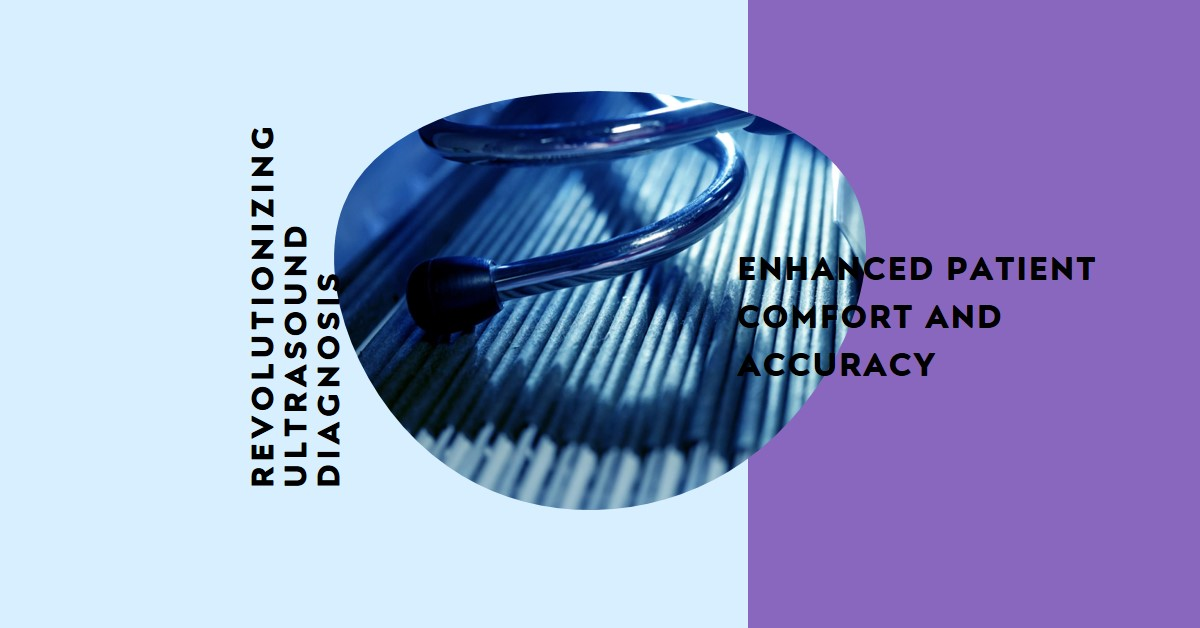Ultrasound technology has long been a cornerstone of medical imaging, offering a safe, non-invasive way to visualize internal organs and tissues. But in recent years, advancements in this field have been nothing short of revolutionary, significantly improving diagnostic accuracy and patient comfort. This article explores these cutting-edge developments and how they’re shaping the future of healthcare. For those looking for an Ultrasound scan in Bangalore, there are many reputable clinics offering this service.
Seeing Clearly: Enhanced Image Quality
One of the most significant breakthroughs is the dramatic improvement in image resolution. Gone are the days of grainy, pixelated sonograms. Today’s ultrasound machines utilize advanced transducer technology and real-time computer processing to generate incredibly detailed, high-definition images. This allows healthcare professionals to pinpoint subtle abnormalities with greater precision, leading to earlier and more accurate diagnoses.
Studies show a substantial impact on diagnostic accuracy. A 2021 research paper published in the Journal of Ultrasound [1] found that high-definition ultrasound significantly improved the detection of liver lesions compared to conventional ultrasound. This translates to a potential reduction in misdiagnoses and unnecessary procedures.
Beyond the Surface: Unveiling the Depths with 3D and 4D Imaging
Traditional ultrasound provides a two-dimensional view of internal structures. However, advancements like 3D and 4D imaging have opened a new dimension in visualization. 3D ultrasound creates a three-dimensional reconstruction of the scanned area, offering a more comprehensive picture of organs and their relationships. This is particularly valuable in fetal medicine, allowing for a more detailed assessment of fetal development and the detection of potential congenital anomalies.
4D ultrasound builds upon 3D technology by adding the element of time. This real-time visualization allows doctors to observe fetal movement and function in utero, providing invaluable information for prenatal care.
AI Integration: Empowering Diagnosis with Machine Intelligence
Artificial intelligence (AI) is rapidly transforming the medical field, and ultrasound is no exception. AI algorithms are being trained on vast datasets of ultrasound images to assist healthcare professionals in image analysis and interpretation. These algorithms can detect subtle abnormalities that might be missed by the human eye, further improving diagnostic accuracy.
A 2023 study published in Nature Medicine [2] demonstrated the effectiveness of AI in identifying breast cancer on ultrasound images. The study found that AI-assisted interpretation improved cancer detection rates and reduced the number of unnecessary biopsies.
Patient Comfort at the Forefront
Beyond diagnostic advancements, recent innovations prioritize patient comfort during ultrasound examinations. The development of smaller, more ergonomic transducers makes the process less invasive and more comfortable, particularly for sensitive areas. Additionally, some advanced machines feature heated gels and automated positioning systems, further enhancing the patient experience.
Ecotown Diagnostics: Your Partner in Advanced Ultrasound Imaging in Bangalore
While this article cannot endorse specific medical facilities, it’s important to find a healthcare provider equipped with the latest ultrasound technology. Facilities like Ecotown Diagnostics, with their commitment to cutting-edge equipment and patient-centered care, can ensure you receive the most accurate and comfortable ultrasound experience possible.
FAQs: Demystifying Ultrasound Technology
Is ultrasound safe? Ultrasound is a safe and painless imaging technique that does not use ionizing radiation. It is widely used in pregnancy without any known risks to the mother or baby.
What conditions can be diagnosed with ultrasound? Ultrasound can be used to image a wide range of organs and tissues, including the abdomen, pelvis, heart, blood vessels, and musculoskeletal system. It is commonly used for diagnosing conditions like gallstones, kidney stones, uterine fibroids, and fetal abnormalities.
How long does an ultrasound exam take? The duration of an ultrasound exam varies depending on the area being examined and the complexity of the case. However, most ultrasound exams typically take 15-30 minutes.
Do I need any special preparation for an ultrasound exam? In most cases, no special preparation is required for an ultrasound exam. However, for certain abdominal ultrasounds, you may be asked to fast beforehand.
Conclusion: A Brighter Future for Diagnostics
The advancements in ultrasound technology are revolutionizing healthcare, offering a glimpse into a future with more accurate diagnoses, improved patient care, and earlier intervention for various diseases. As research and development continue to push the boundaries, we can expect even more exciting innovations in this field.
So, what exciting possibilities lie ahead for ultrasound technology in the years to come?
Also know Climate Change’s Impact on Malaria Transmission: Insights from World Malaria Day



